Written by Christina Kinnevey, MD, Fellow at Kaiser Permanente Napa-Solano Community Medicine & Global Health…
July 2015 Kenya Journal – Brian Cogburn, MD
Written by Brian Cogburn, MD PGY3 at the Kaiser Permanente Internal Medicine Residency Program, San Francisco while on Global Health rotation with The Matibabu Foundation in Ugenya, Kenya in July 2015.
13/07/2015: Kaloleni (eastern Kenya, close to the Indian Ocean) tour with Felix
Landscape: picturesque tropical rolling hills with coconut palm trees; agriculture seemed to consist of cassava, palm trees (for oil and to make alcohol) and maze. Villages were very spaced out… only passed by 1 car while being on the road for hours. Most people traveled by motorbike (without helmets), cycle or foot.
Cultural perceptions: very poor, district contained mainly 2 tribes, 60% Christian to 40% Muslim. Primarily women out in the field doing labor, men congregating in town center and seemed to be socializing and drinking alcohol. Felix said there is a high prevalence of mira use.
We visited 2 governmental dispensaries (aka clinics), one private Christian hospital and one governmental hospital in Marikani. Little to no awareness/screening or treatment of HTN. The majority of the patients at the dispensaries were women and children. I met with the hospital administrators in Marikani who said we should analyze their data on HTN but when I asked for the prevalence they were not collecting it… they only had data on communicable disease.
Project perceptions: Hard to imagine being able to survey these clusters w/ our limited budget but I will rely on my colleagues at AKU for their expertise. Felix seemed to have logistical experience in administering surveys to this population with the trained enumerators and said informed consent won’t be an issue. This experience highlighted the cultural impact of any public health intervention in this medically underserved population. I am really curious to find out if these people have ever been educated on HTN and what this term even means to them? Would be ideal to do a qualitative study… my sister, who is in a PhD program in medical anthropology and African studies, seemed interested if we could get more funding? Blood pressure in Kiswahili is shinikizo la duma. Fluctuating blood pressure is kuyumba kwa shinikizo la damu
19/07/2015:
We started our journey this morning in Arusha, Tanzania. It was sad to part ways with Megan and Julius. I’m really proud of the way Megan has handled herself with Julius frequent tantrums and poor social behavior… really hoping he grows out of this phase but also think my sister needs to be more proactive with discipline. The flight from Kili to Nairobi was spectacular. I had an amazing view of the summit of Mount Kilimanjaro from my window. There was really scary turbulence on our flight from Nairobi to Kisumu… we had a sudden rapid descent, which lasted for a few seconds and I thought our plane was going down. It looked like our plane was going through a darker cloud but it still appeared sunny and surely not a storm. I was concerned there was something technically wrong with the plane? The rest of the flight was uneventful but everyone was afraid and in a frenzy. My impression from this experience was that Kenyans are more easily worked up to hysteria then Americans… they were demanding an apology from the pilot upon landing… people were even shouting at the crew while disembarking.
Our journey to Ukwala continued to be eventful. A stoic, but nice gentleman, picked my father and I up at the Kisumu airport by the name of Aaga. He works for the Matibabu Foundation and seemed very interested in public health. It was a long car ride… close to 2 hrs in a very old 4-door Toyota Camry. About half way into the trip, one of the tires exploded which we replaced with a spare pretty quickly. About 10 min later down the road we witnessed a motorcycle accident… long story short… I waited in the car to make sure no one stole our luggage and my father/Aaga went to assess the injured. They reported that 2 older drunk men crashed into the bushes off the road. One man was semi conscious but neither seemed to be severely injured. Another motorcycle took the worse off person to a hospital near by. This experience just highlights the danger of being on the roads in EA… no one follows traffic rules, there is unmarked pot holes and road hazards everywhere and people drive extremely careless. The most dangerous part of any trip to EA is the vehicular travel down the highways.
Our journey continued on… the countryside in Ukwala is beautiful. Very tropical, green lush rolling hills, scattered with mostly maze agricultural fields. We then ventured onto a rough dirt road for about 20 km to get to our guesthouse called the Naysarek Mall near the Matibabu hospital in Siaya County. About 5 km from our destination, we had another tire explode… thankfully we were moving at a slow pace but Aaga did not have another spare tire. Aaga said we could almost see the power lines marking our destination but my father and I had 2 huge bags which would have made the journey on foot pretty rough. Thankfully, an approaching car (probably only passed 2-3 over the past 30 min) offered us a ride. We were packed into the car with a very friendly local family blaring tacky gospel music… I was sitting next to a very adorable chubby baby girl. It did not seem like any one was expecting us at the guesthouse, but we were happy to see that we had electrical power, running water, and my simple room was clean. There are mosquitoes all over my room so I just applied a bunch of bug spray and will make sure to sleep under my net. It was dark on arrival but think we are right across the street from the hospital? I’m looking forward to exploring the village on my morning jog.
20/07/2015:
Today was our first day in the Matibabu hospital. We originally thought someone was coming to our guesthouse to pick us up; no one came, so around 8am we decided to just walk. There is a governmental hospital (right across the street from our guest house) about 2 km from the Matibabu hospital. We joined the two clinical officers (Michael and Evans, apparently they usually have 3 but one is on maternity leave) for rounds that lasted from 830-1130 am. Rounds were more or less multidisciplinary with the nurses present and updated on the plan (even a pharmacist helped us when we didn’t know one of our patients medications). The hospital has a pediatric and multiple male/female ward all set up in a large circle… we probably saw 15-20 patients this morning (including kids). The rounds presentations were similar to ours; very thorough and I really enjoyed hearing their social/family hx on each patient. The clinical officers seemed to know their patients well and it was really fun to teach with my father. Most of the patients had a diagnosis of malaria but were also being empirically treated with penicillin for bacterial sepsis. The lab can do basic testing; CBC, basic chemistries, HgA1C, AFB smears, sickle cells test, and a rapid and smear test for malaria. No cultures. The lab is waiting for a solar panel back up unit to be able to grow blood cultures.
The clinical officers seemed to be less knowledgeable on chronic disease management like heart failure, hypertension, and diabetes and it was fun to go over some of the basics. We also had 2 patients being treated for cellulitis (who could also have DVT’s (but there was no Ultrasound) and I stressed the importance of elevating the affected extremity. Most of the lab data was from the previous day and mainly consisted of a CBC, rapid malaria test, +/_ a blood smear… really no patients had recent chem 7 (even a heart failure patient being diuresed). Most of the patients were anemic and the clinical officers said there is a high prevalence of sickle cell.
Peter the head clinical officer spoke to us briefly on the cultural implications of the community on their health care
– Measles: people believe that if they have a rash or measles and present to a clinic and receive an injection they will die, public health officials often have to use legal force or the chief’s assistance for isolation/quarantine.
– HIV: negative stigma is more common with educated Kenyans and it is a barrier in public health campaigns.
– Blood transfusions: many people believe that if you receive someone’s blood you will inherit the disease/spirit that other person had.
– Sickle cell: local clans will marry family members… reduced genetic diversity, which has increased the prevalence in this area.
– Traditional medicine: many people believe in witch craft and local herbal medicine and usually turn to more western medicine after not getting better with traditional medicine.
21/07/2015:
Similar rounding style to the first day and again reminded me a lot of our rounding practices in the states. We were sad to learn that one of the older male patients died overnight. He was in his 70’s and came in with subacute abdominal pain and fevers. On exam he had the largest spleen (hx for 50 years, unclear etiology?) I have ever palpated… literally it took up the entire left side of his abdomen but had no signs of a surgical issue and clinically appeared to be improving on abx. No other details were reported on his death.
Another sad case today was a frail elderly woman in her 90’s, who presented with new onset seizures and has been unresponsive for 2 days. We were treating her empirically with abx for bacterial meningitis but her spinal tap yesterday was benign. She most likely suffered a catastrophic ICH or CVA. I asked the clinical officer about hospice services who initially seemed confused but then said there not available in this area. We talked to her family at length about supportive and comfort care and they had reasonable expectations.
The pharmacy at the hospital is well stocked… Sally the pharmacist gave us a tour today. Matibabu buys generic drugs from a NGO co-op (most are manufactured in India) and resells them at their purchase price. She said patients from all over the community come to their pharmacy to purchase med’s b/c of their reduced prices and very good availability. The pharmacy has limited pain medications… they are mainly using tramadol for severe pain and have a limited supply of IV morphine which was not surprising due to lack of pain assessment/access to treatment in low-income countries. There is also no anticoagulation.
22/07/2015
On our morning walk to the hospital, a van ambulance with our elderly CVA patient’s son pulled off the road to talk with us. He and his family decided to transfer her to a Kisumu hospital where she will get a CT scan (even though this will not change her management which we explained to him the day before). He thanked us for her care and wants to have a meal with us when we visit Kisumu over the weekend. There are no radiology services at Matibabu hospital; the district hospital can do x-rays but has no radiologist; CT/MRI and radiology referrals are sent to Kisumu… 2 hr drive away.
Our sickest patient this morning is a 2-year-old girl with sickle cell disease, she presented with fevers, cough and poor po intake. Her Hgb was 3.4 and the clinical officers are trying to get her blood from town. I need to learn more about the logistics of the blood transfusion system because even in the states this system has many potential pit falls. I was really happy to see that our AIDs male patient in his 40’s who failed bacterial pna tx was getting better on empiric pcp tx with steroids and double strength bactrim… his clinical improvement over 24hrs was remarkable; from respiratory distress at rest, to walking comfortably around the ward today.
Kenya is very excited for President Obama’s visit for the GEC summit this weekend; this will be his first time back to his father’s homeland since 2006. His living grandmother’s village is about 25 km from the Matibabu hospital. The staff at the hospital keep asking us if were going to make a pilgrimage to Grandma Sara Obama’s village during our time here. It appears that Nairobi will shut down this weekend for security purposes (so happy we will be far away from the chaos). I really hope there is no terrorist attacks because it’s the last thing Kenya’s already struggling tourism industry needs.
One thing I keep hearing in Kenya’s press is the concern that Obama will speak on marriage equality, which most people adamantly oppose. When I was in Nairobi, there was even protests against marriage equality, even though these rights were given to the Kenyan people in their constitution in 2010. Speaking to my Kenyan friends, there is a negative stigma to being out and open about your sexual orientation. There is no LGBTI community and people who are out will be discriminated against and have serious safety concerns. It’s a very sharp and sad contrast to the praise and celebration of my equal rights in San Francisco a few weeks ago.
23/07/2015
Paul (Matibabu’s head chef) gave us a tour of their vegetable garden this morning, which is located outside the hospitals front gate. It consisted of maze (used to make ugali, the main carbohydrate in their diet), sorghum (used for porridge), kale, sweet potatoes, beans and a small amount of bananas. Paul said they rarely have to buy outside food and only occasionally use cow dung as fertilizer for their rich soil. I am really impressed with the nutritional services at the hospital, which provides three healthy meals to the patients daily. I look forward to my hospital lunch each day (by far our largest and best tasting meal of the day); always consisting of rice or ugali (aka African cake), red beans, kale and chipotte… I never accept the meat option. They even have special diets (brown bread and low salt) for the diabetic and cardiac patients. I still need to figure out their water source?
Rounds today were shorter due to a lot of discharges over the past 24 hrs. I have concerns about the patient education and transitions from the hospital setting. I ask the patients if they have questions during rounds but they more or less don’t say anything (cultural or afraid?) I hope the clinical officers are going back after rounds for patient/family education or to review the discharge instructions. All of our pediatric patients are profoundly anemic due to sickle cell disease… one patients Hgb this morning was 2.6. I feel lost in the overall management of these sick children but it seems most are being transfused to a Hgb of 5, on abx or anti-malarials, fluids and folic acid supplementation. The clinical officers said they do not have the resources to provide hydroxyurea. I have no clinical experience in the area and will read about it over the weekend.
24/07/2015
Its President Obama frenzy in Kenya today; in our village a few of the motorbikes (piki piki) were proudly caring American flags. The energetic and joyous atmosphere has the feel of a holiday and everyone is eagerly awaiting Air Force One’s arrival in Nairobi this afternoon. I will try to attend one of the celebrations in Kisumu tonight. It feels really cool to be working in Saiya County where Obama’s father and grandmother grew up. President Obama truly exemplifies the American dream and I will start reading his autobiography this weekend. The Kenyan national news stations were upset at CNN for stating Obama was entering a “hot zone of terror” and demanding an apology.
We had a great field visit to one of Michael’s diabetic patients’ home yesterday evening. He was a 70 y/o man with T2DM and hard to control blood sugar for a few weeks; he was even referred outside of Matibabu but is receiving his follow up outpatient management at their clinic. His village was about a 30 min walk from the hospital. They lived in a traditional home consisting of mud walls and a thatched roof; they even had a maze/grain storage unit made of dung. He and his family greeted us warmly and asked insightful and intelligent questions regarding his diet modifications and insulin management. They stored his insulin in a port and it did seem relatively chilled (but skeptical it was cold enough?). The patients main concern was his worsening vision; we recommended for him to get a full eye exam and to see an ophthalmologist if he could afford it. I’m proud of Michael for caring enough about his patients to check up on them in their home environment and believe this will be a vital component in establishing community based primary health care in rural settings.
This afternoon our sickest baby girl in the hospital died while my father and I were assisting Michael with a jigger pedicure. When we finished up, I looked into the pediatric ward and saw a white sheet covering the face of our sickle cell septic 2 y/o patient who I had been worried about all day. I asked the nurse what happened and he calmly said the baby became unresponsive and did not respond to resuscitation. My first reaction was to ask more questions and in particular why we were not notified during our elective procedure just outside the door but decided to keep quiet. I saw the mother walking around the room smiling and laughing as if nothing happened. It was incredible to see the lack of concern, alarm or sadness with the loss of this baby. This made me really reflect on how the loss of life here is overshadowed by survival and it’s hard to imagine how many nameless young children die each day due to poverty and inadequate health care infrastructure.
27/07/2015
My father and I met with the hospital administrator to discuss Kenyan’s health insurance and Matibabu’s financing. The government health insurance consists of NHIF cards (sliding scale cost) for outpatient and inpatient services but only 20-30% of Siaya County is insured. If your insured then inpatient services are free, the government then reimburses Matibabu, but this only covers 40-50% of the inpatient cost, which have to be subsidized to their higher quality of care. The Tiba Foundation covers 75% of their staffing cost. The government changed outpatient NHIF payment to capitation 3 months ago, which will reimburse 1,000 Kenya shilling (KS) (or $100) per family per year. Matibabu has not decided if they will participate in this new payment system and currently patients are paying out of pocket (per sliding scale). This outpatient payment plan will be a barrier to chronic disease management and for providing care to large families. The administrator said the hospital cost for a delivery was 2,000 KS and that the government reimburses 6,000 KS, i.e. a significant net profit, but only if the women have a NHIF card. Tiba had a program to find pregnant women in the county and they would buy them a card to generate a profitable service line.
28/07/2015
Today we did a field visit with Aaga and Nick to several of the patients in the CBR (community based rehabilitation) International Program. People with disabilities in Kenya are marginalized, neglected and often abused. Nick said that many people in the community blame the mother and witchcraft for their child’s disability. A Belgium NGO started the CBR program 3 years ago due to the huge need for therapy services; prevalence of disability at the county level is thought to be 5-8% with only 2 physical therapist at the management level (virtually w/ no services provided). A team of physical, occupational, and PMR physicians come yearly to train these patient’s caregivers. They also provide gait assistance devices, chairs and medications. They currently follow 200 patients; mostly children with a range of diagnosis like cerebral palsy, hydrocephalous, polio, Pott’s disease, and paralysis.
One of the patients we visited was a young HIV positive man who became paralyzed from the waist down 7 years ago from spinal tuberculosis (Pott’s disease). Nick said he was the most inspirational person in the program and quickly upon meeting him I understood why. He greeted us with a warm smile and was ambulating slowly on crutches. Nick went over several exercises with him on his local timber parallel bars designed by the CBR team. His entire family was supportive and coaching him through each exercise. It was a really beautiful moment to see his family rise above negative cultural stereotypes to embrace and love their son. I’m sure their unconditional love and support was a main reason why he had gained strength and mobility over the past couple years.
29/07/2015
This morning we attended a meeting at the hospital between Matibabu, (NGO in Nairobi/Kisumu for HIV prevention/tx) and UNICEF. You could tell this was an important opportunity for a partnership w/ UNICEF in Matibabu’s preparation, organization and meeting formality… even Dan, the founder and CEO of Matibabu, had traveled from Nairobi to be present. Kennedy and Aaga presented their youth friendly services (38 sites partnered with governmental dispensaries/private facilities providing STI prevention and testing including male circumcision, risk behavior counseling, cervical cancer screening w/ limited funding for HPV vaccines, and family planning including abortions) to adolescents. They also presented data on their pediatric HIV care, roughly 500 positive patients w/ >90% on ARV’s but only 30% w/ viral load suppression. The UNICEF staff pointed out the importance of biosocial support for these children at the school system level to increase compliance. The youth friendly centers are not identifying or providing outreach to MSM. They also identified high-risk populations of truck drivers, drug users, MSM, and sex works but they do not have funding for specific outreaches to these groups.
30/07/2015
Aga and the clinical officers had my father and I over for a farewell dinner last night. It was really cool to hang out with the guys in a more informal setting and to see where they lived. Most of these men lived in the same apartment building near the hospital and have grown to be really good friends… eating most of their meals together. I thoroughly enjoyed getting to know these guys and know we will remain friends.
I will never forget this experience with my father. His years of clinical experience and outpatient knowledge and my recent hospital experience really complemented each other well in sharing our knowledge during rounds. On my next trip, I will plan more didactic sessions on bread and butter medicine topics and bring treatment algorithms. The Matibabu hospital is an ideal setting for a short-term global health rotation because you are truly building capacity by sharing knowledge with their staff. I also really commend Matibabu for partnering with the government in their community outreach projects. The standard of care they provide to this underserved and poor community is definitely a step above the governmental level but there is still so much work to do.
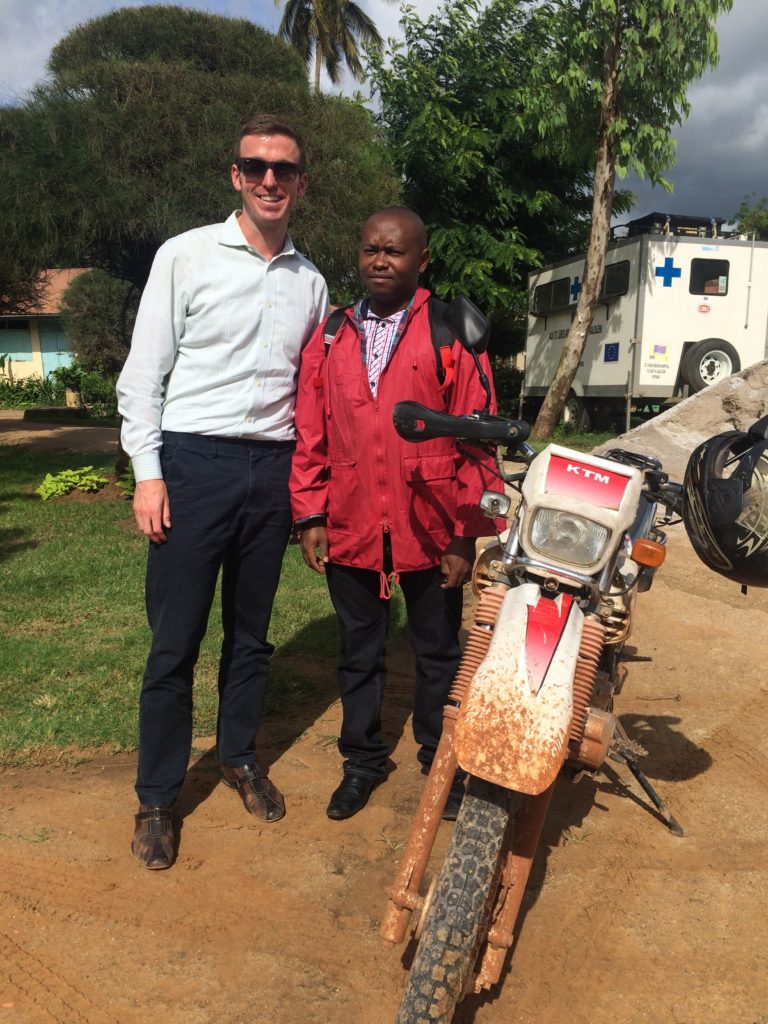
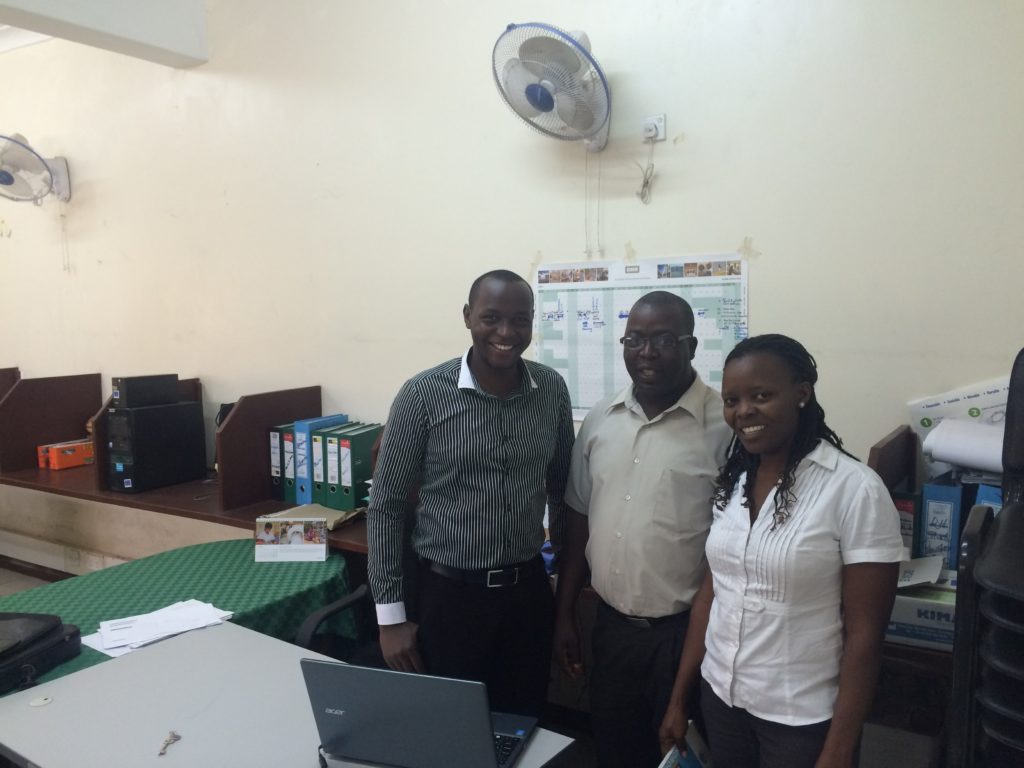
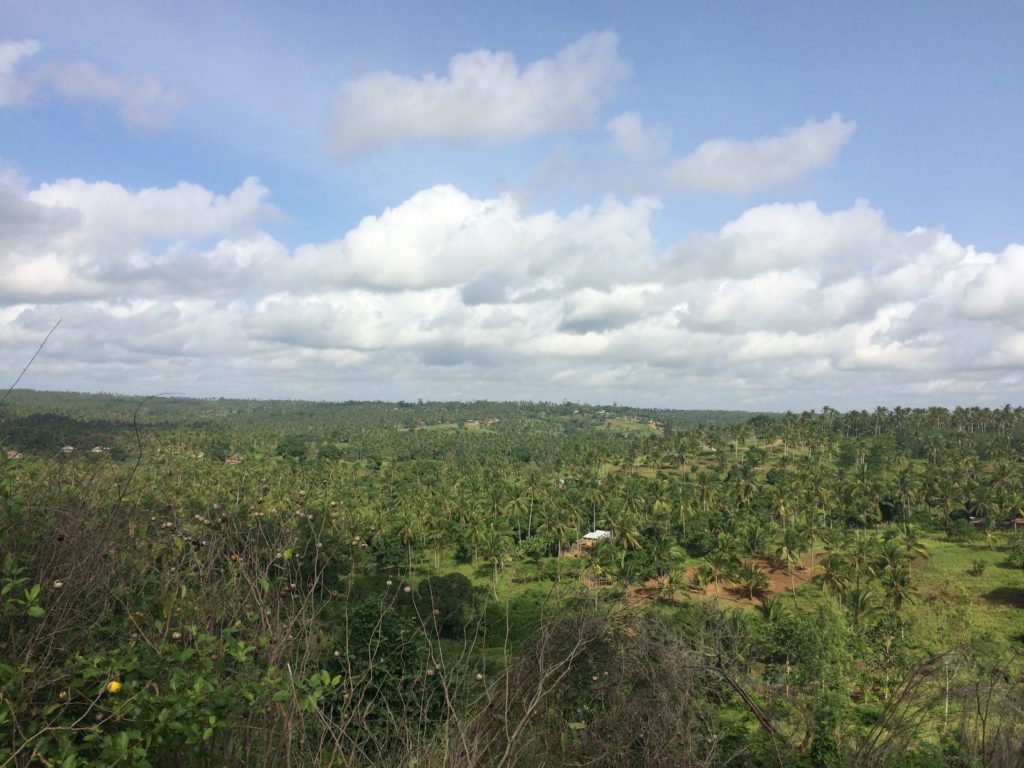
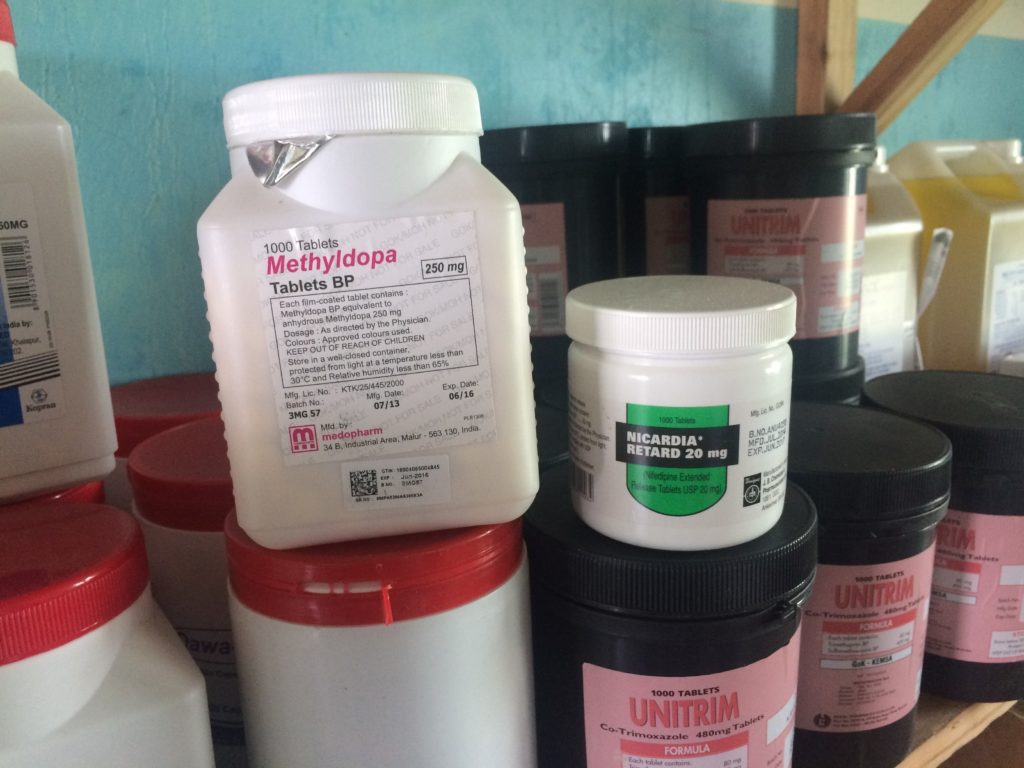
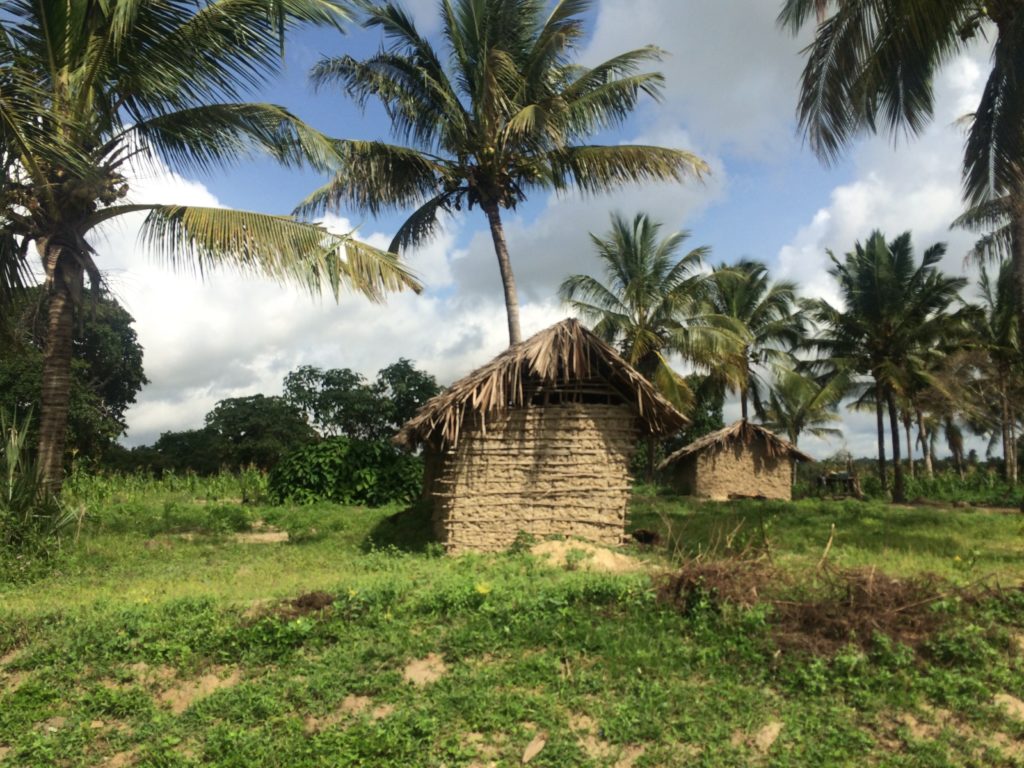
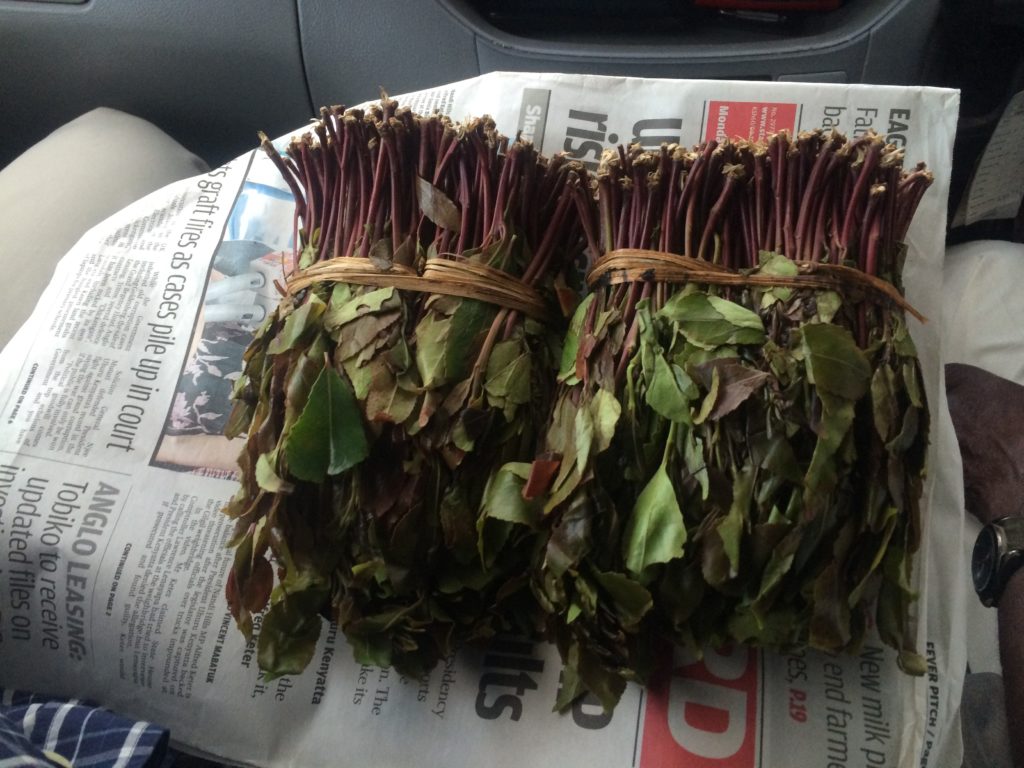
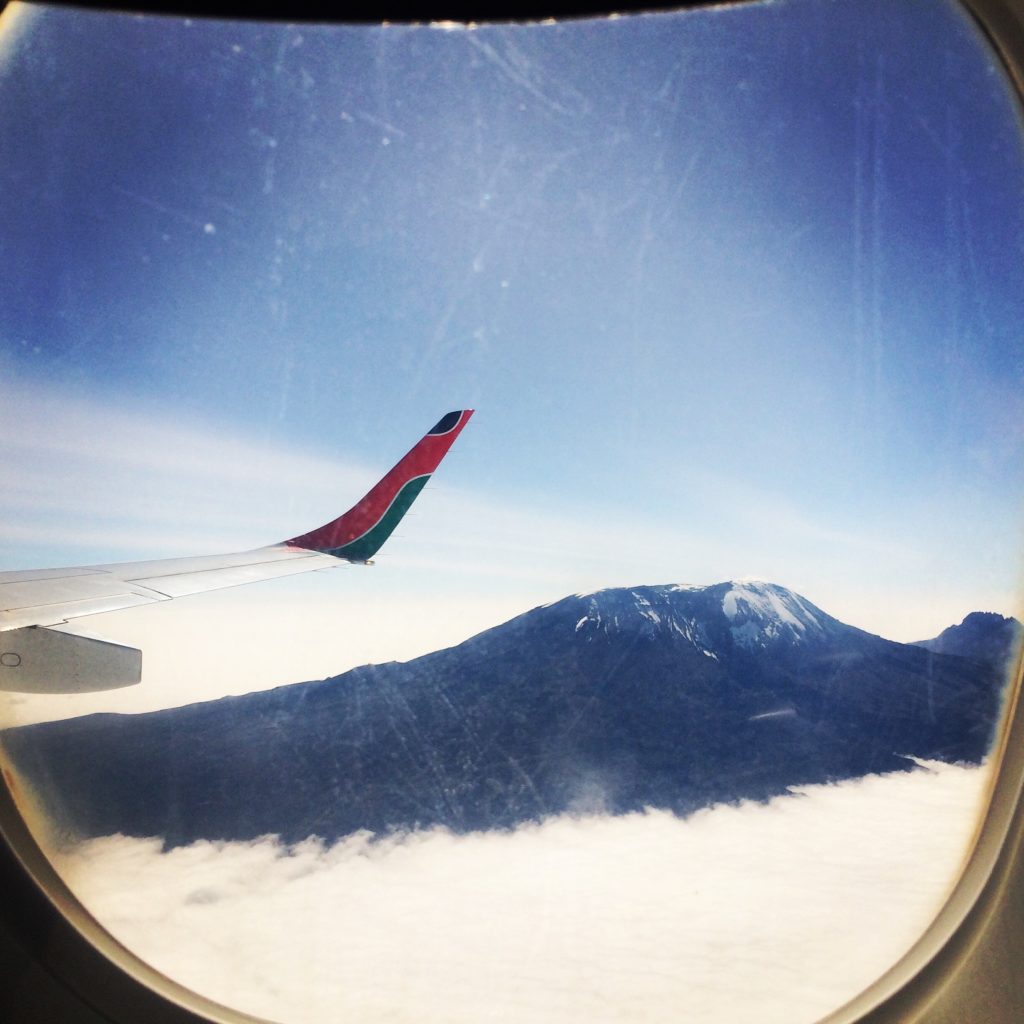
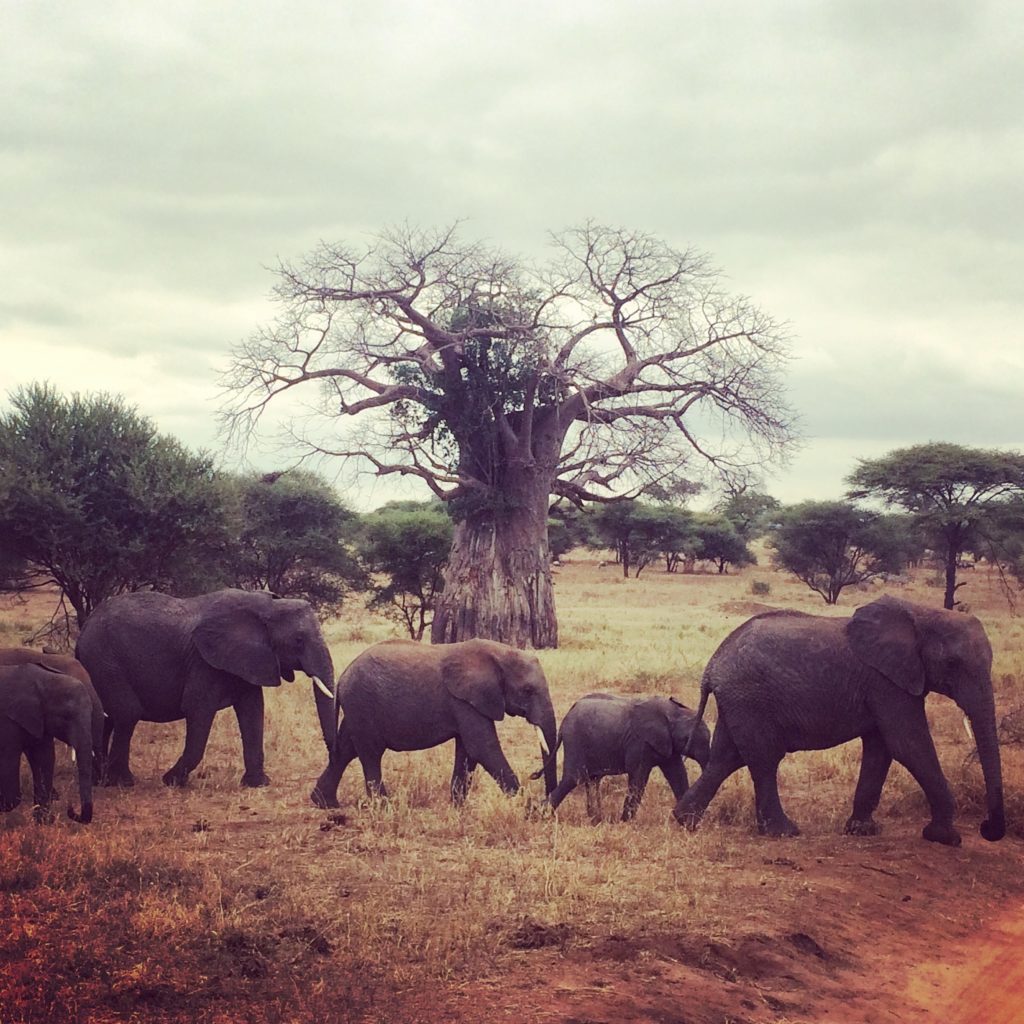
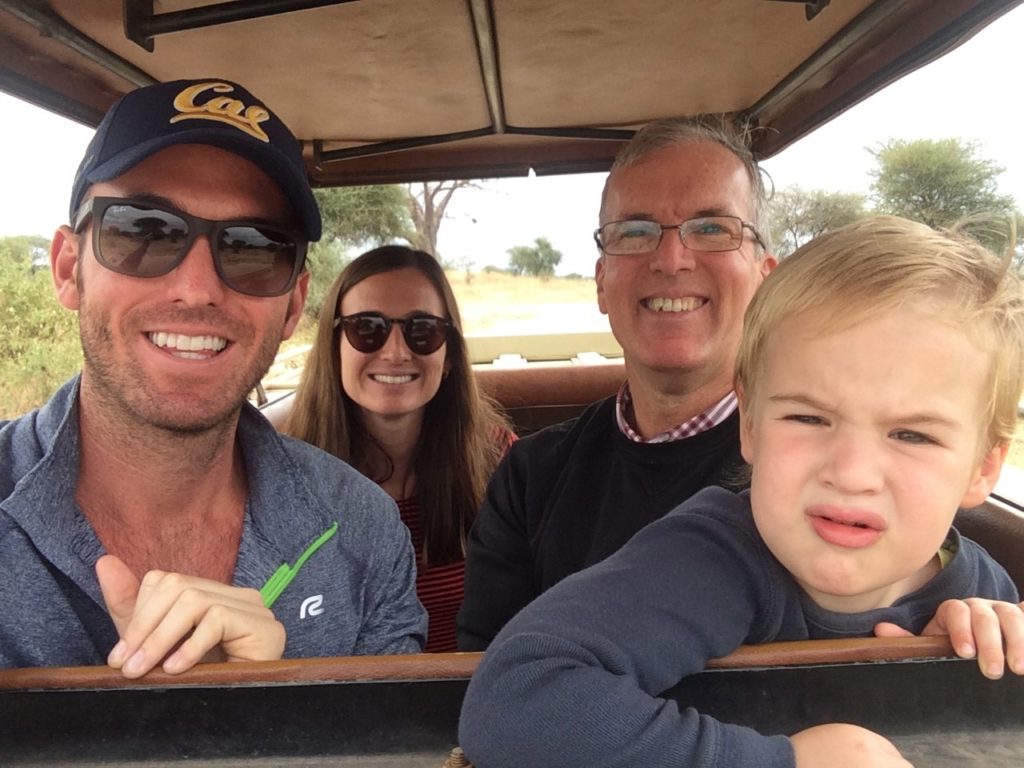
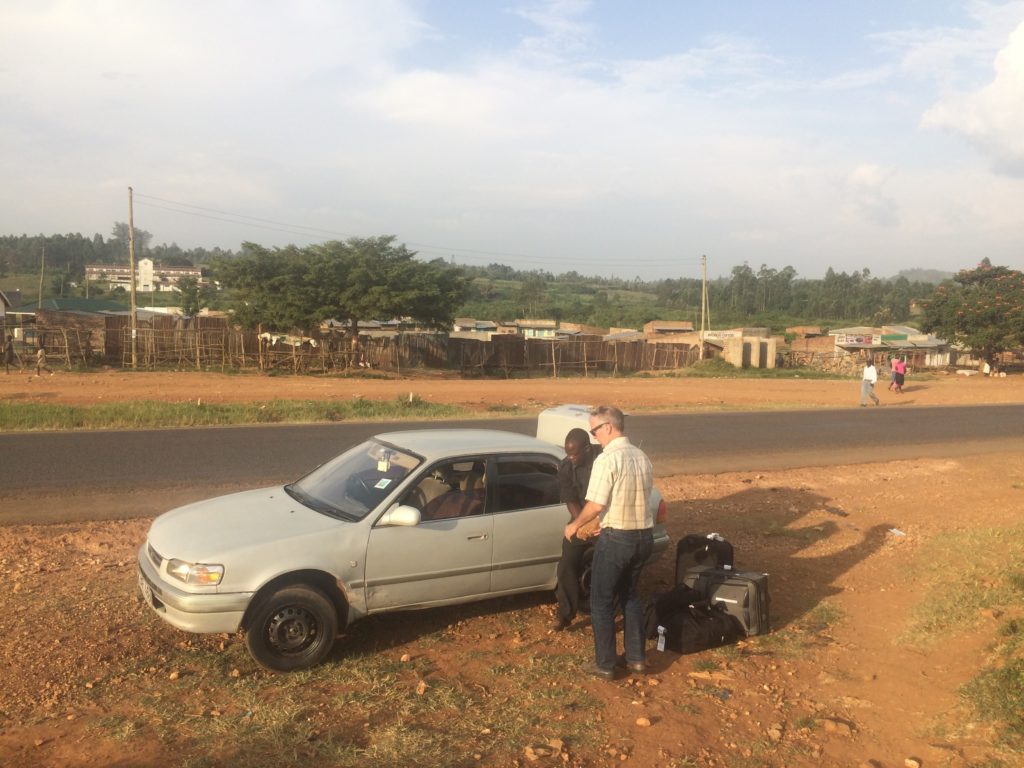
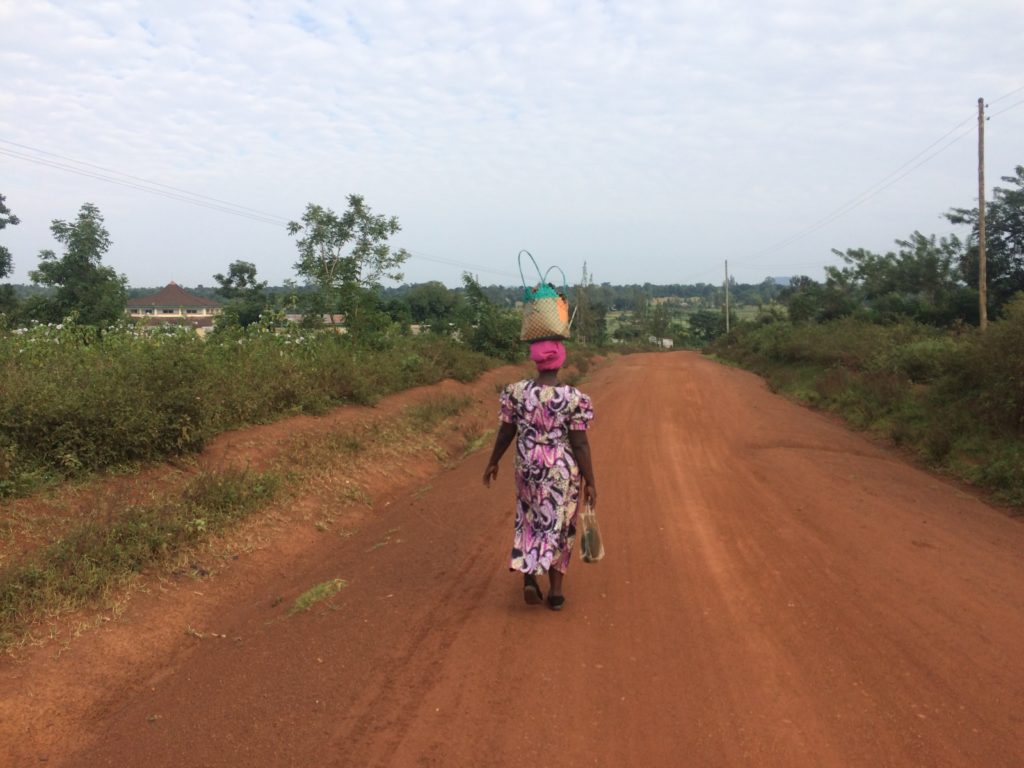
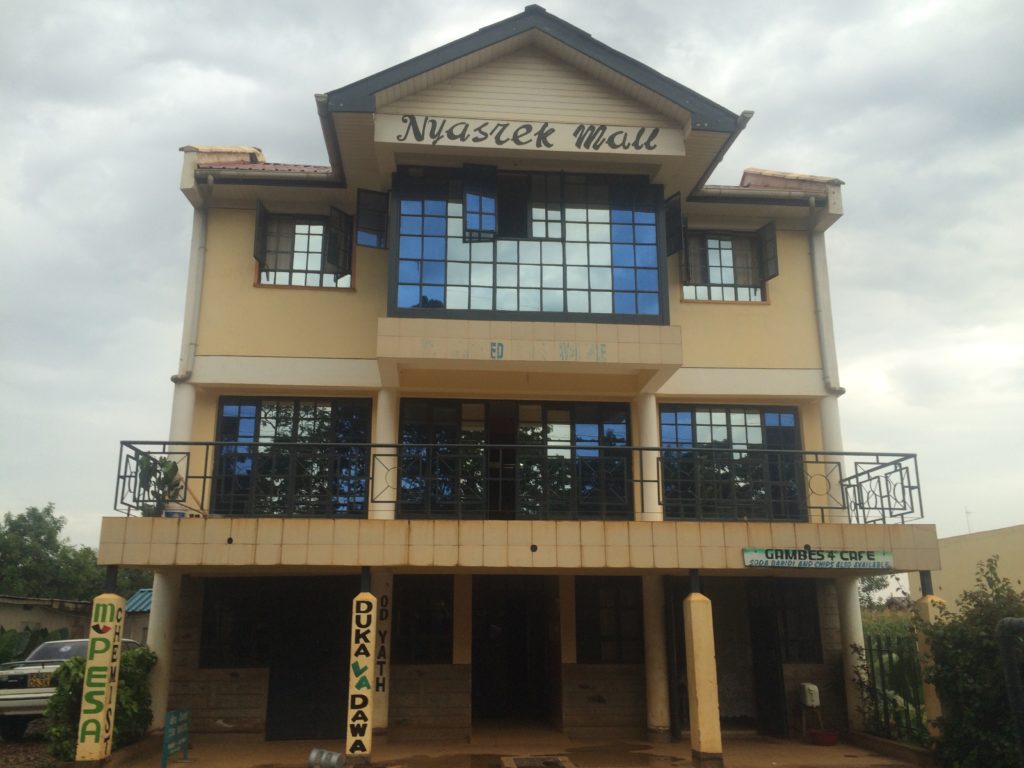
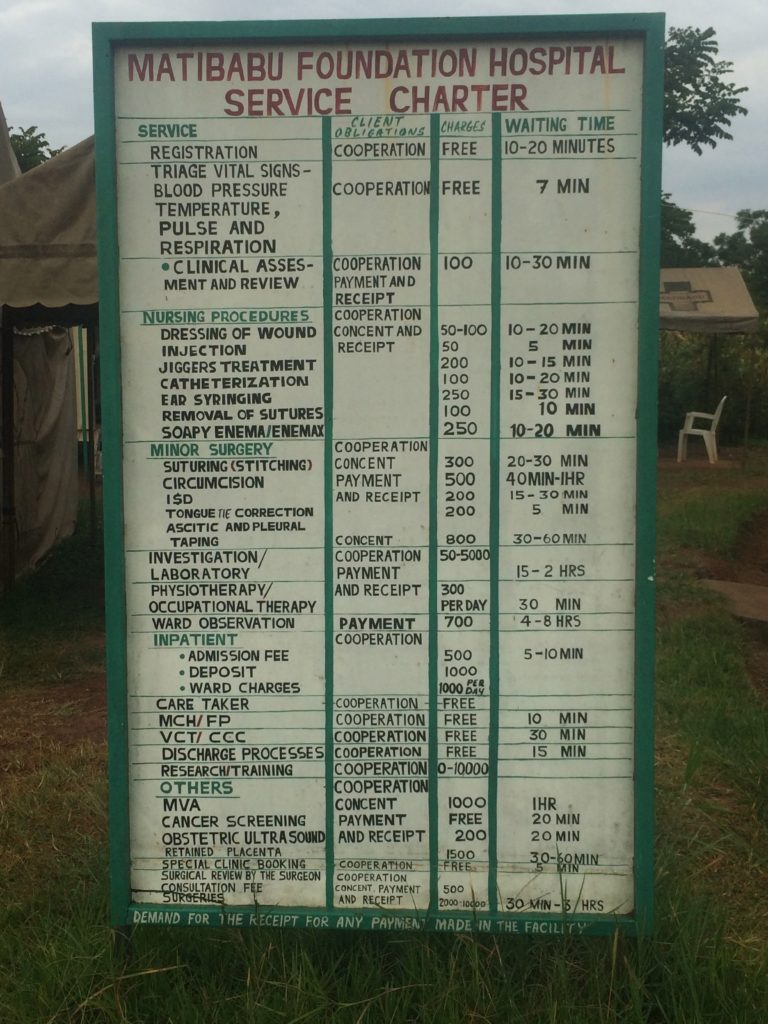
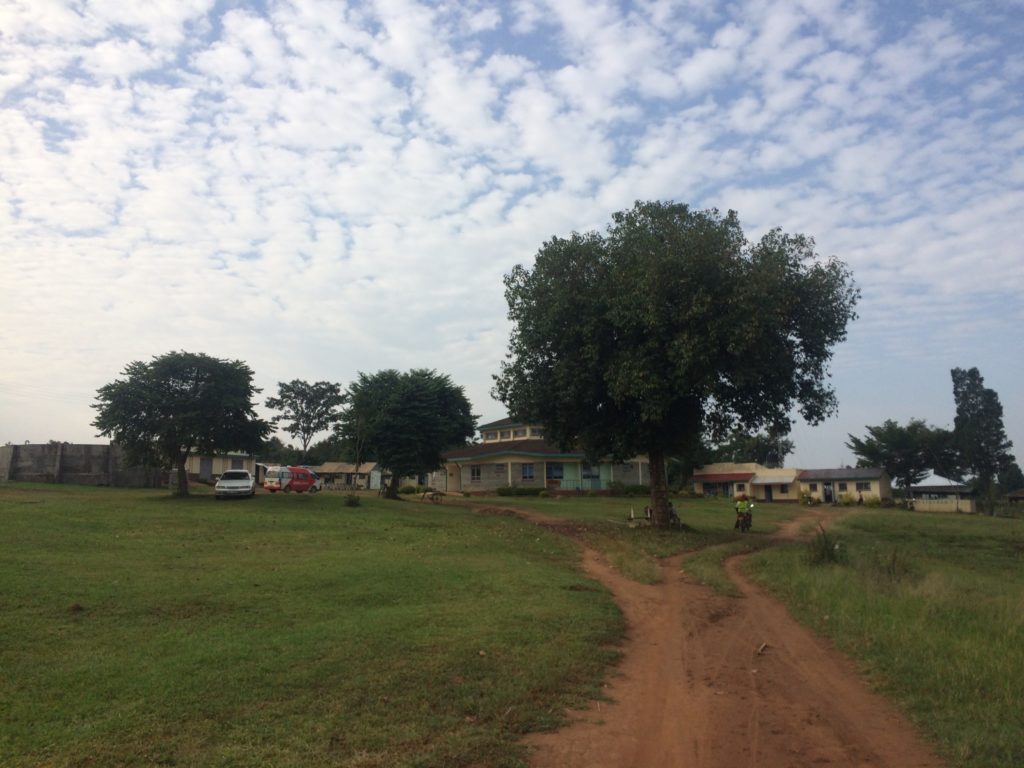
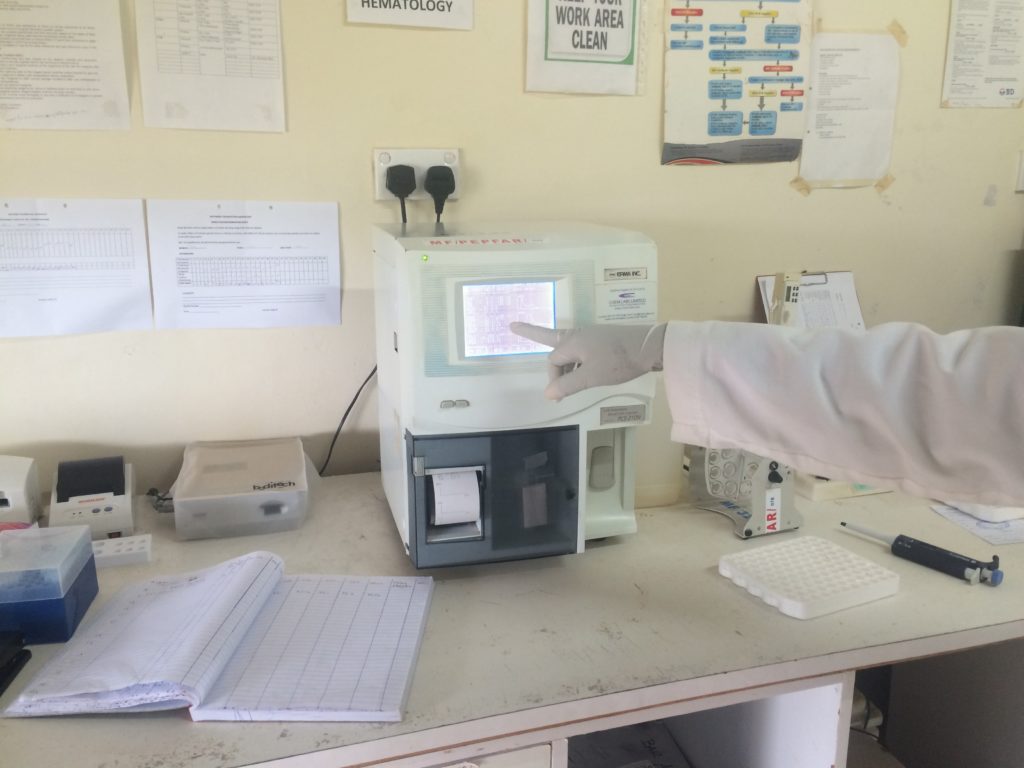
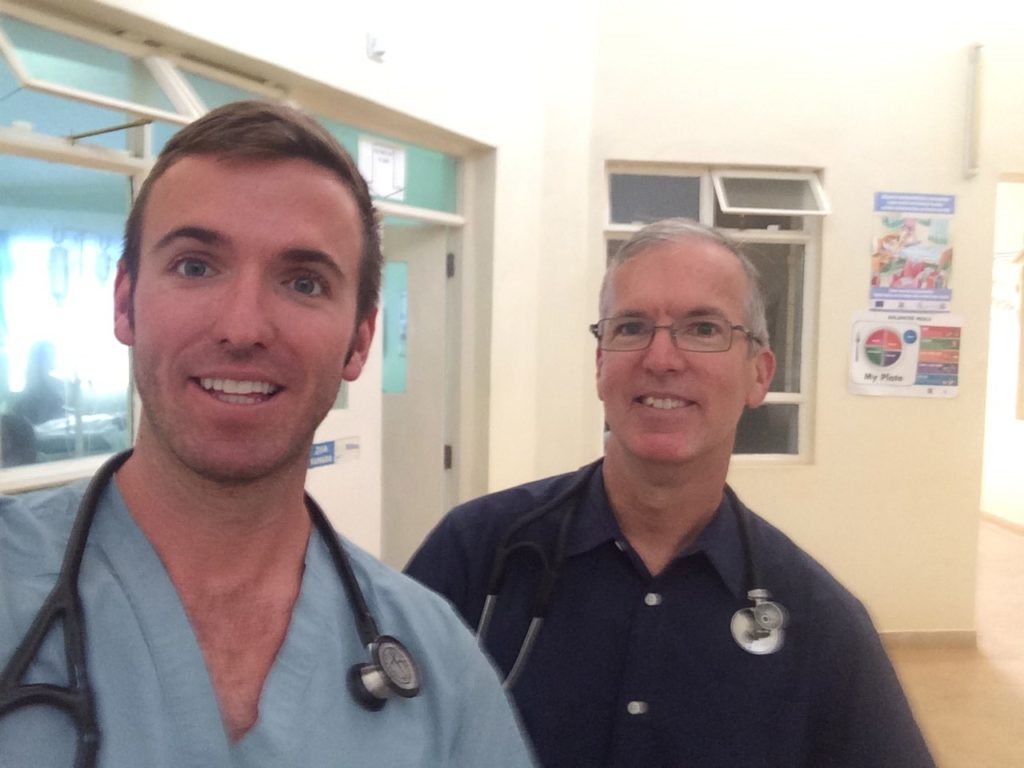
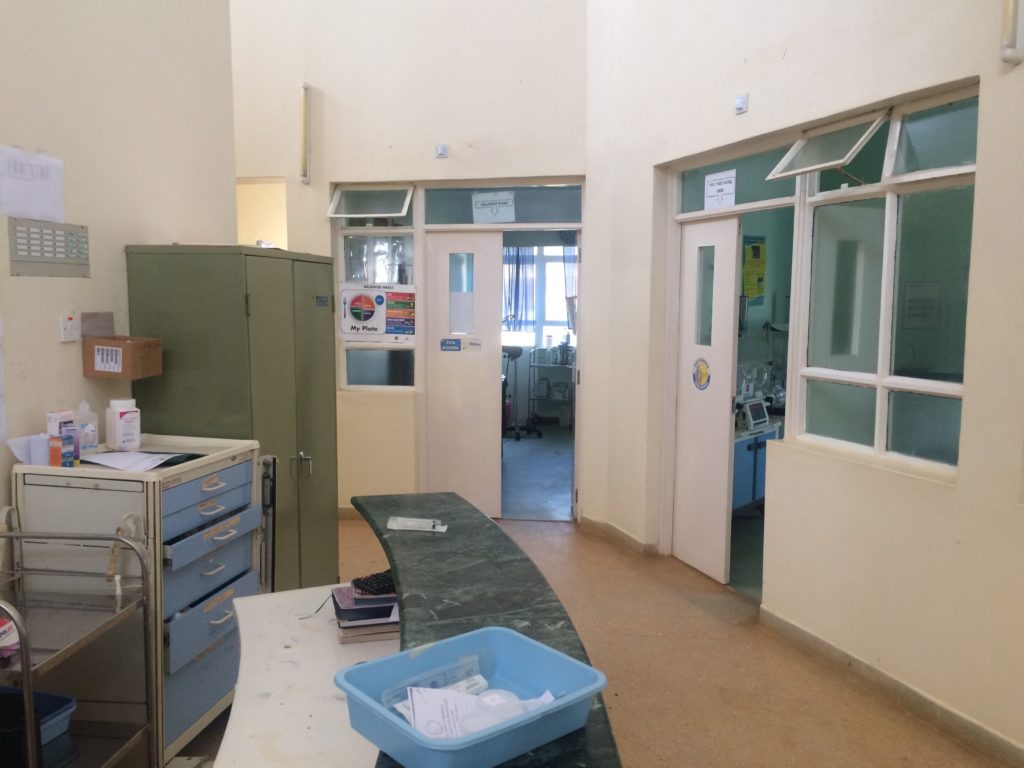
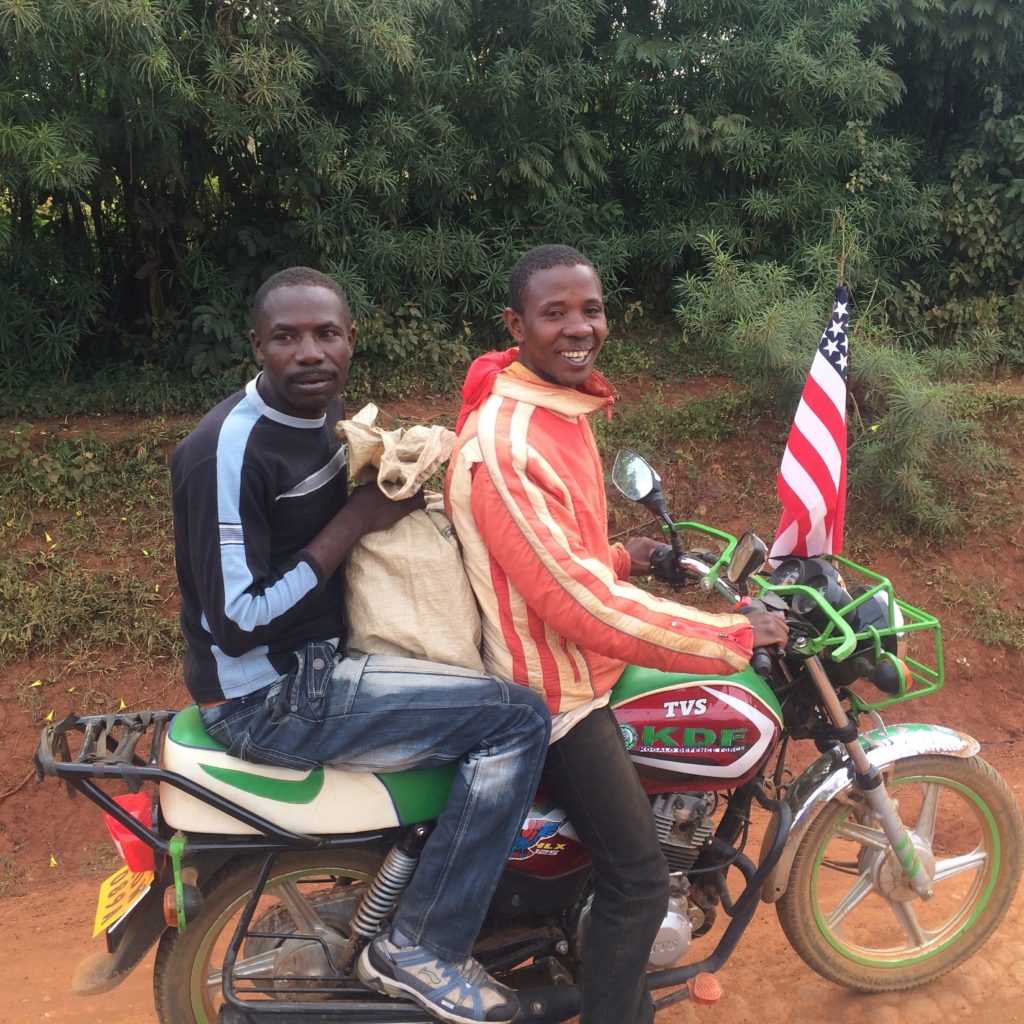
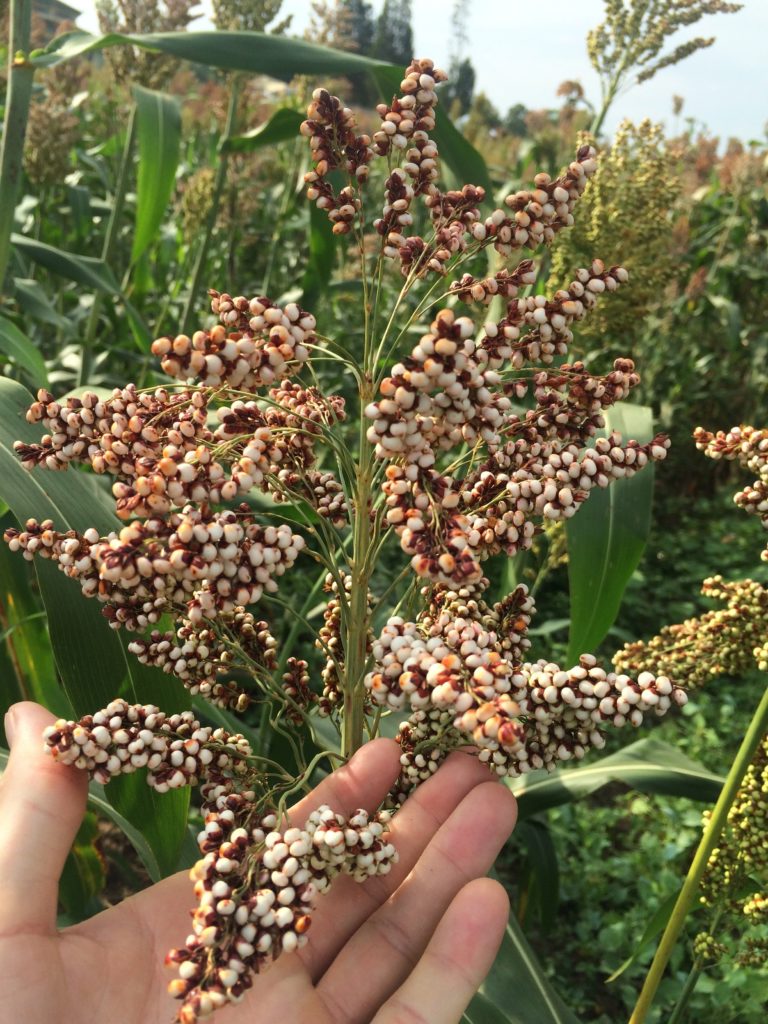
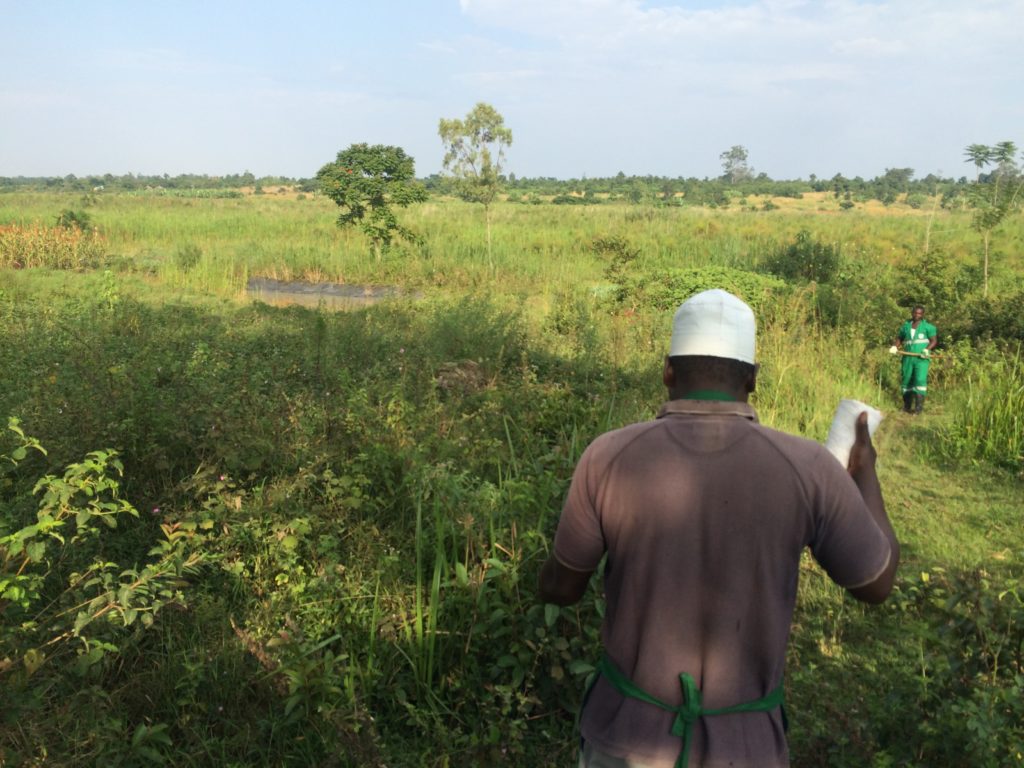
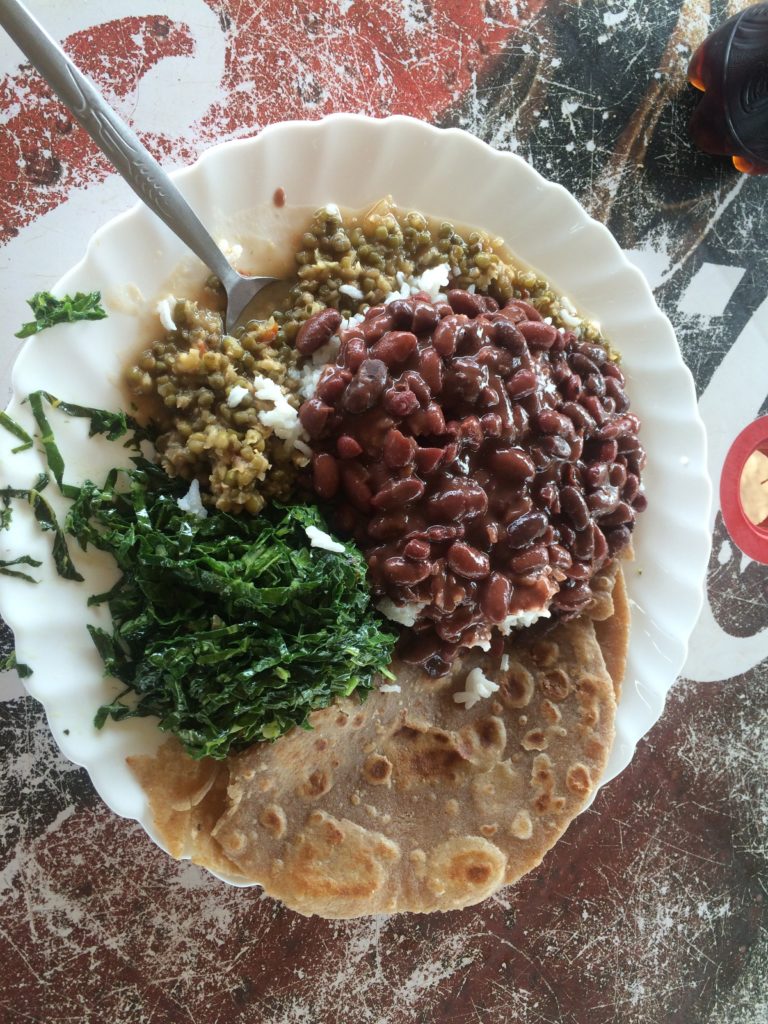
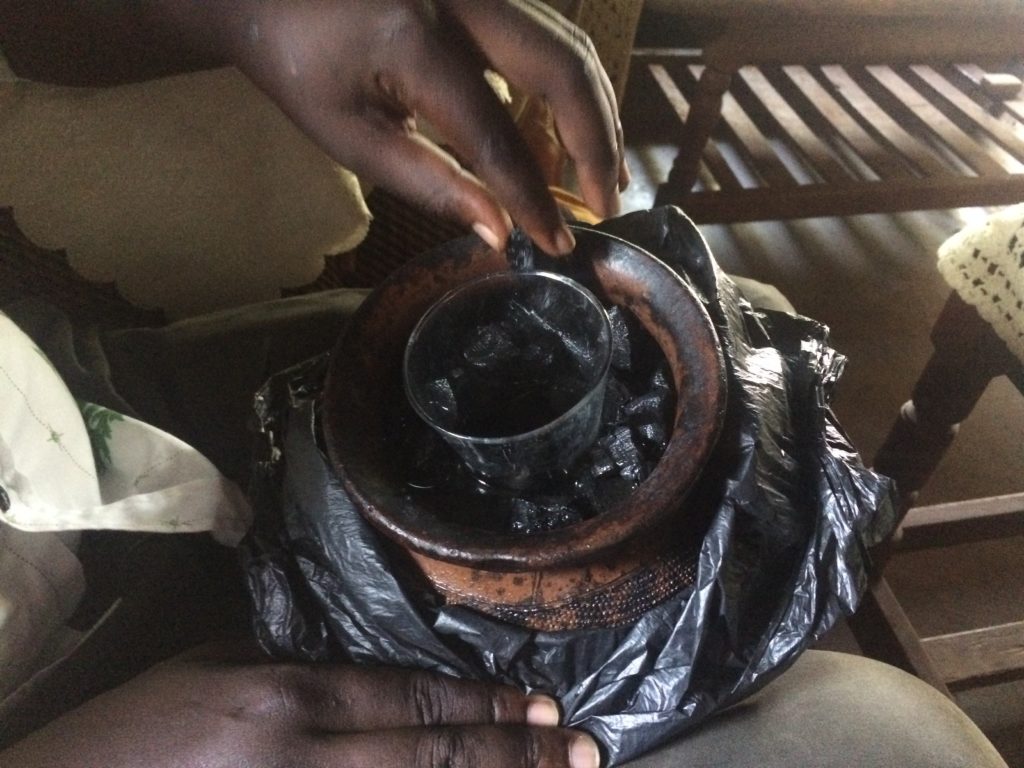

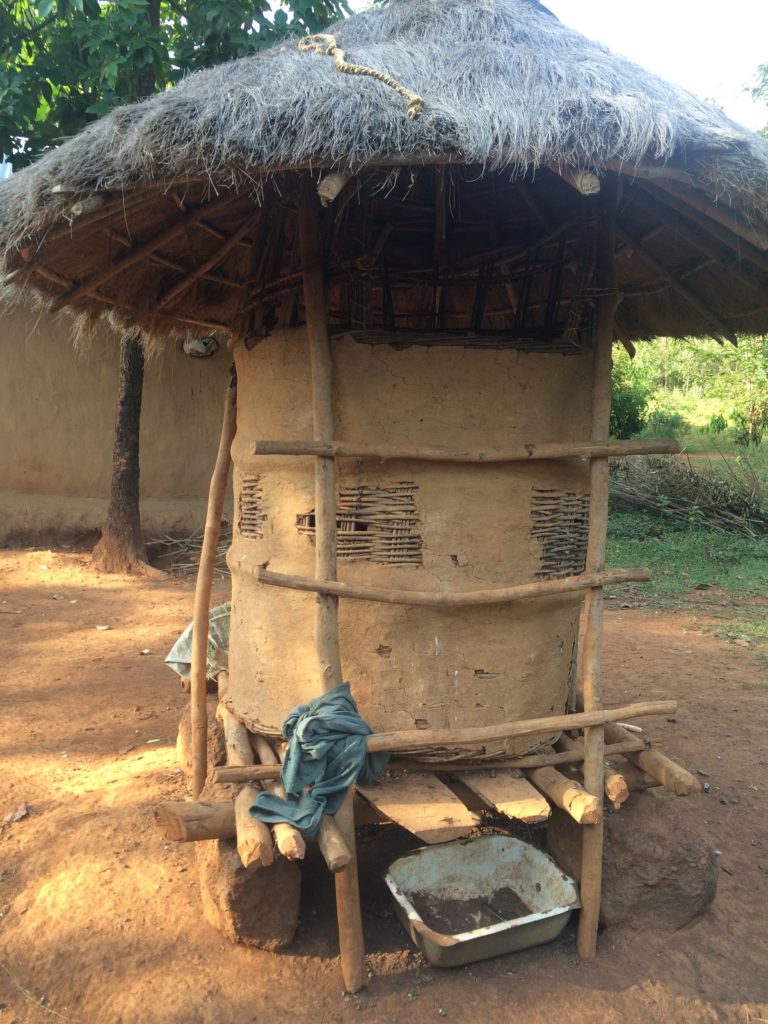
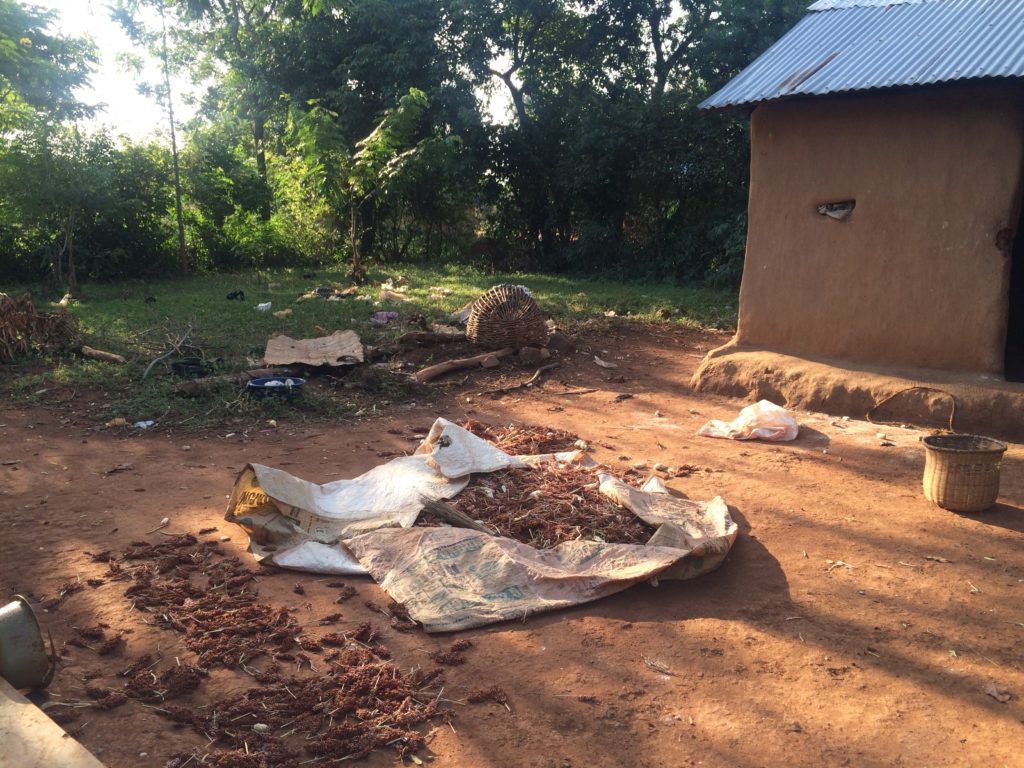
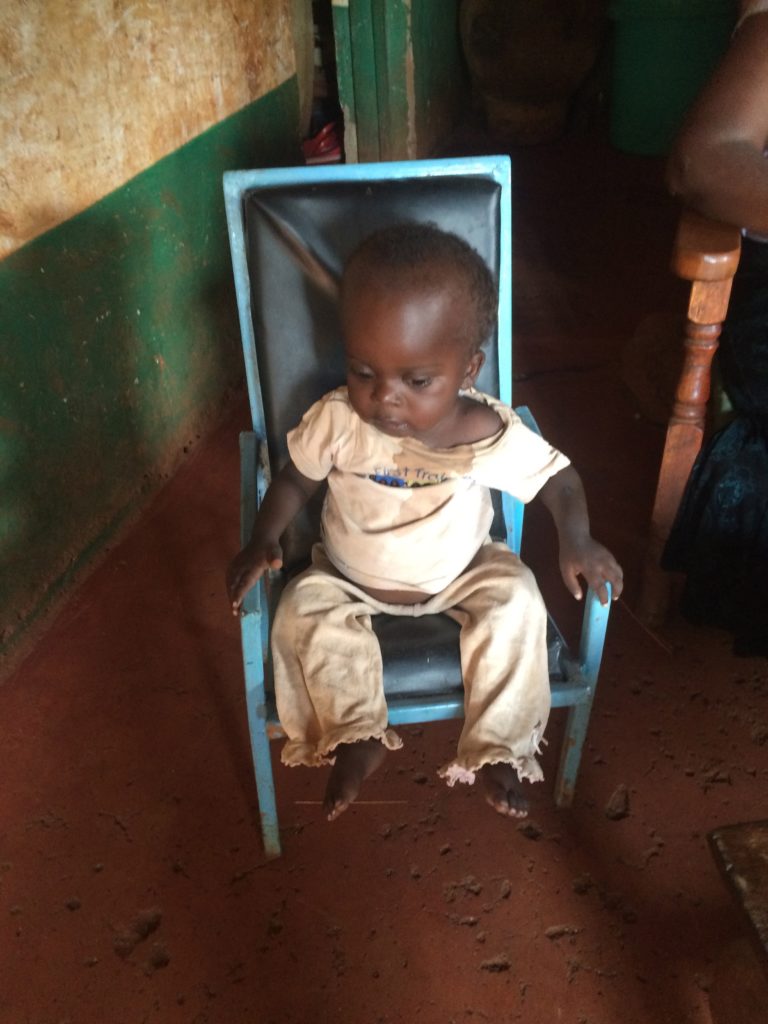
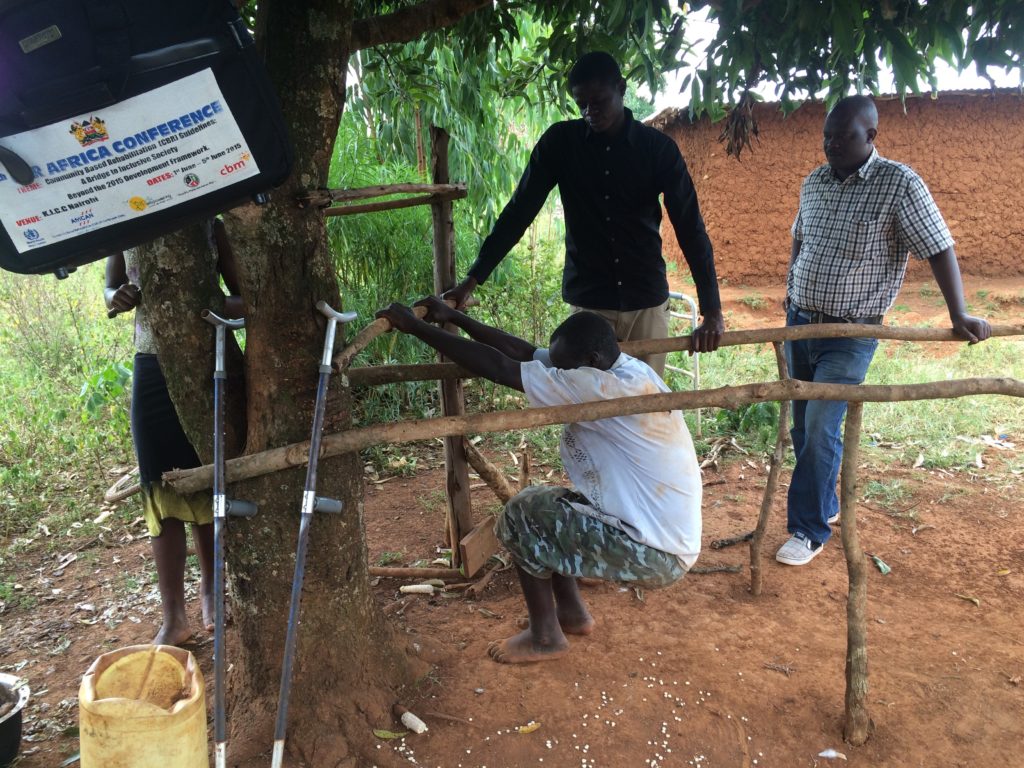
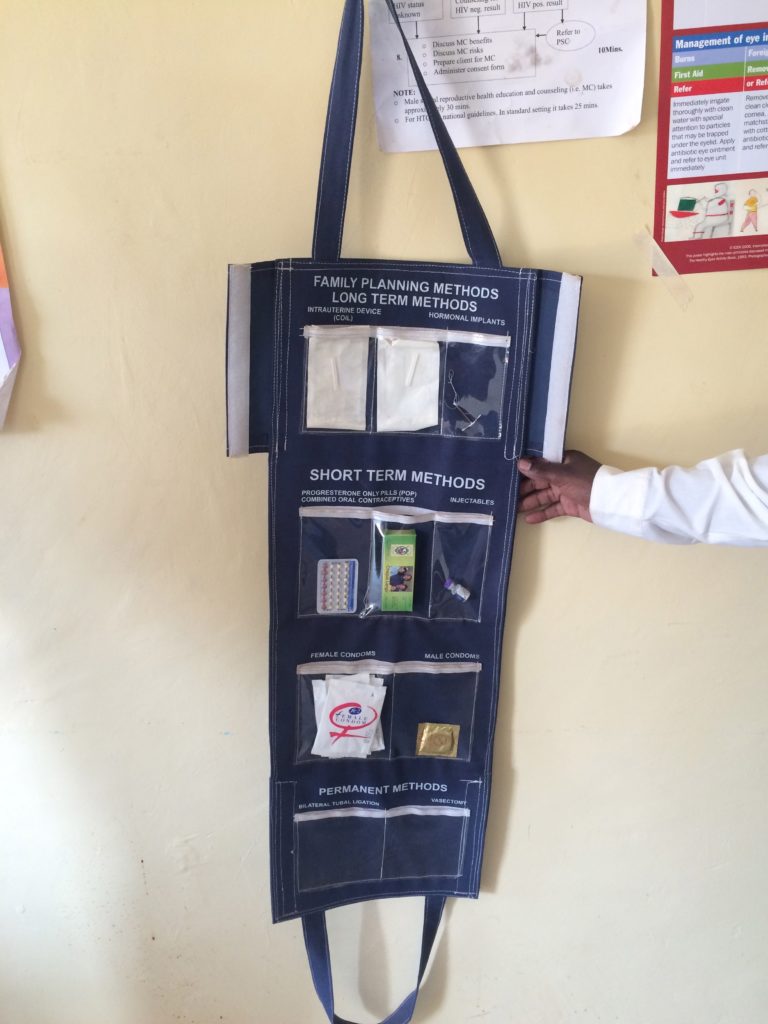
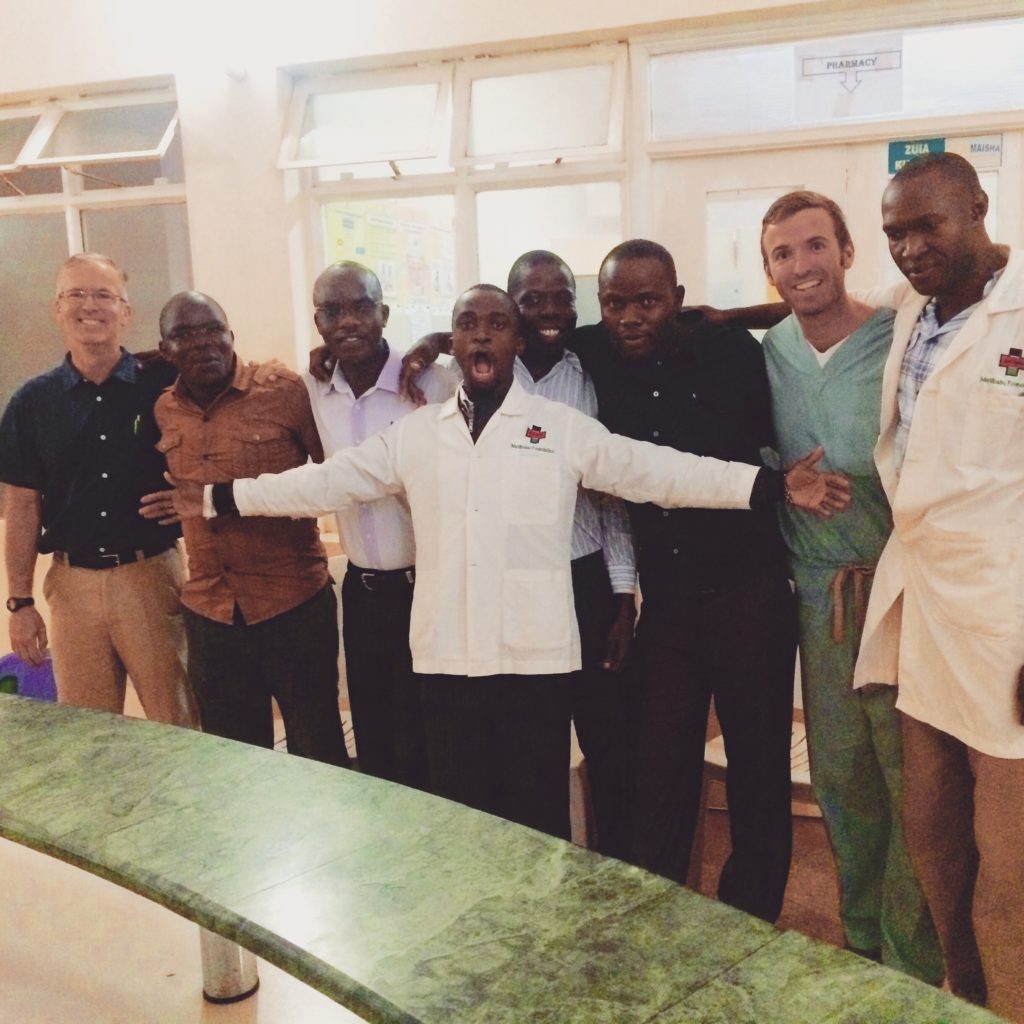
Comments (0)